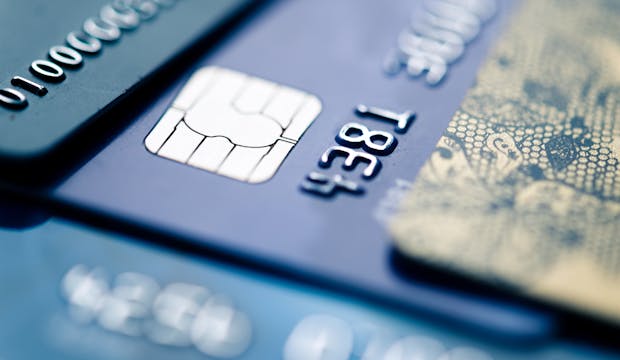Is a Credit Score of 550 Good or Bad?

Your credit score is a number that potential lenders and financial institutions use to determine your debt repayment capability. However, you may be surprised to learn that you don't have a single universal credit score. In India, there are four credit reference agencies that assess you differently. Each agency, in reality, has a distinct maximum score.
It's crucial to realise that even if your credit score isn't in the "excellent" range, you may still be eligible to get loans and credit cards. You can also increase your credit score over time by developing responsible borrowing habits, such as making your payments on time and in full each month.
A good credit score, often known as a good credit rating, shows lenders that you are a dependable, low-risk borrower, which brings in a world of financial possibilities. However, because each credit reference agency has its own scoring system, what constitutes a good credit score for one may differ from what constitutes a good credit score for another.
What is a Good Credit Score?
A credit score of 750 or above is considered as a good credit score, while a score of more than 750 is considered exceptional. What, on the other hand, is an average credit score? This question may be tough to answer. Every expert, credit bureau, and potential lender has a different take on where the line between good and bad credit is drawn. Your credit score may be low by one lender but acceptable by another.
Is a Credit Score of 550 Good or Bad?
The lender can use your credit score to determine how well you have managed credit previously. A score of 550 is not excellent, and it indicates that you made some mistakes when managing your credit, resulting in a low score.
With a credit score of 550, getting a loan is challenging. When evaluating whether or not to approve a loan application, most banks seek for a minimum score of 750. If your credit score is less than 750, it's critical to improve it before applying for a credit card or loan.
Let us see the credit scoring range of each credit bureau in India.
CIBIL Credit Score Range
CIBIL Score Range | Rating |
|---|---|
750-900 | Excellent |
650-750 | Good |
550-650 | Average |
300-550 | Poor |
Experian Credit Score Range
Experian Score Range | Rating |
|---|---|
850+ | Excellent |
750-850 | Very Good |
650-750 | Good |
500-650 | Low |
300-500 | Very Low |
Equifax Credit Score Range
Equifax Score Range | Rating |
|---|---|
800-850 | Excellent |
740-699 | Very Good |
670-739 | Good |
580-669 | Fair |
300-579 | Poor |
CRIF High Mark Credit Score Range
CRIF High Mark Score Range | Rating |
|---|---|
750-900 | Excellent |
650-750 | Great |
500-650 | Low |
300-500 | Very Low |
What Impacts your Credit Score?
While each credit scoring methodology is unique, however, there are a few common factors that influence the calculation of your credit score. These elements include:
a) History of payments
b) Maximum credit limit
c) Credit inquiries Balances
d) Credit that is available
e) Amount of accounts
In a credit score, each aspect gets its own weight. It's critical to remain on top of your bills, use your approved credit, and limit inquiries if you want to keep your credit score on the higher end of the scale.
How to Improve your Credit Score?
Boosting your credit score will ensure that your personal or home loan, and credit card applications are more likely to be approved.
Here are a few simple tips to increase your credit score:
a) Regularly monitoring your credit score : understanding your credit score and credit history will assist you in identifying areas where you can improve. It also aids in the detection of errors or fraudulent behaviour that could harm your credit score.
b) Paying on time : Making timely payments demonstrates to lenders that you are a dependable borrower who can make regular payments.
c) Using credit responsibly : a low credit utilisation rate indicates that you utilise credit properly and do not rely on it excessively.
Credit scores are a significant aspect of your credit health since they reflect your entire credit history. When you apply for a loan, credit card, or other sort of debt, the lender will run through your credit report to see if you are a trustworthy borrower. If you have a high credit score, lenders will see you as a responsible borrower who can efficiently manage debt and pay creditors on time. Your credit score, on the other hand, does not reveal everything. Most lenders will examine your entire credit history when you apply for a loan or a credit card.



